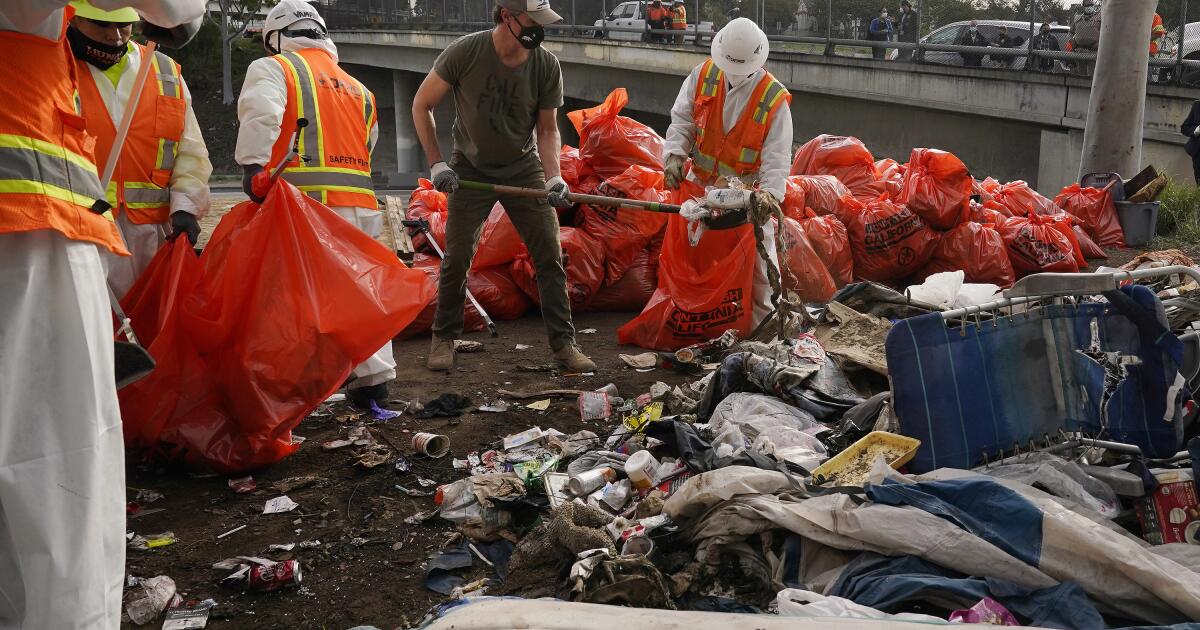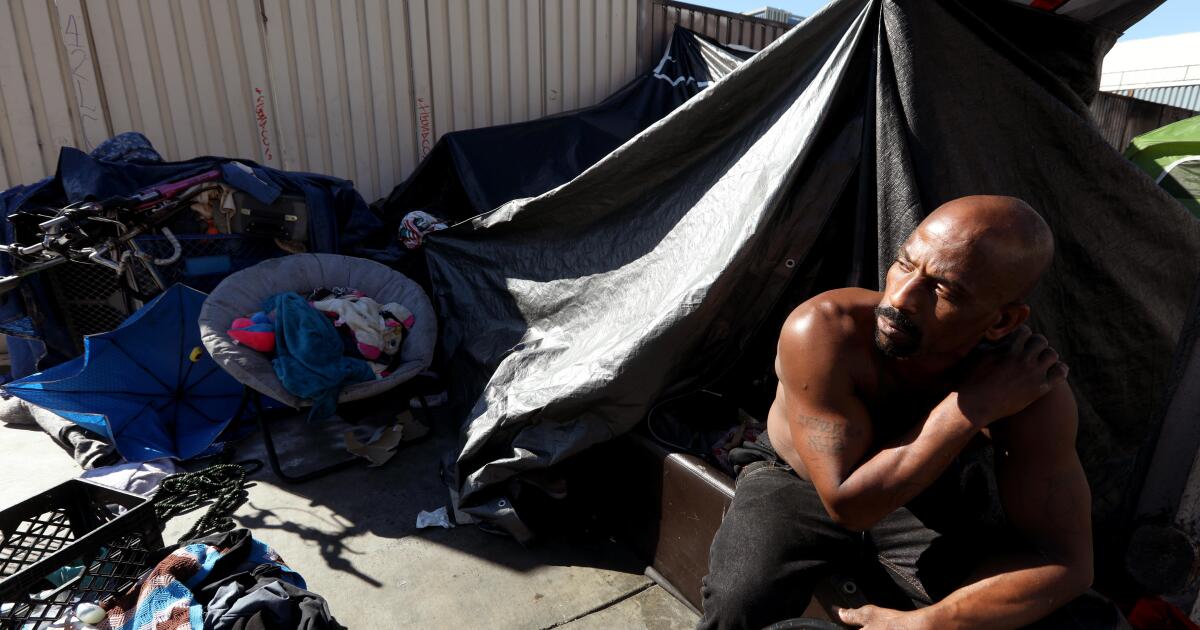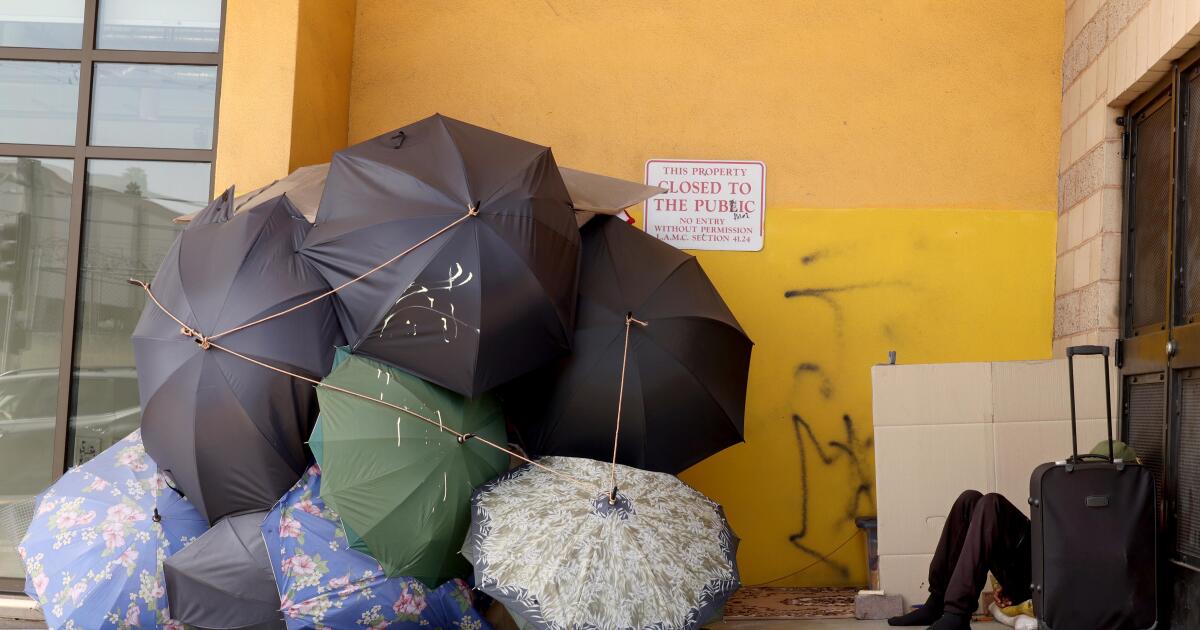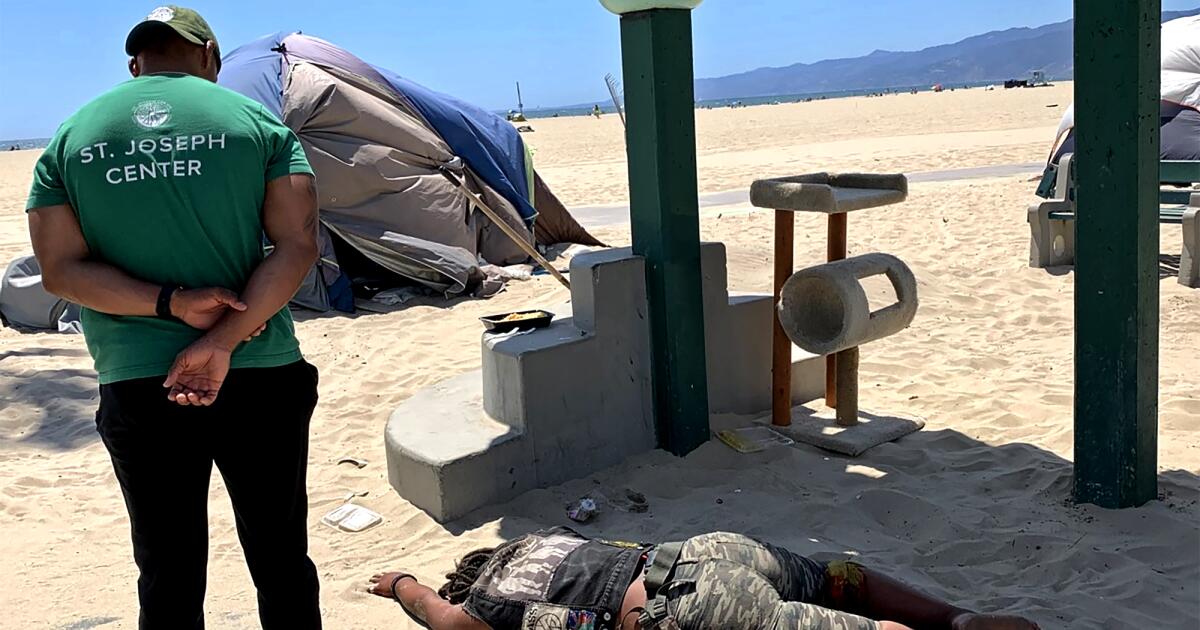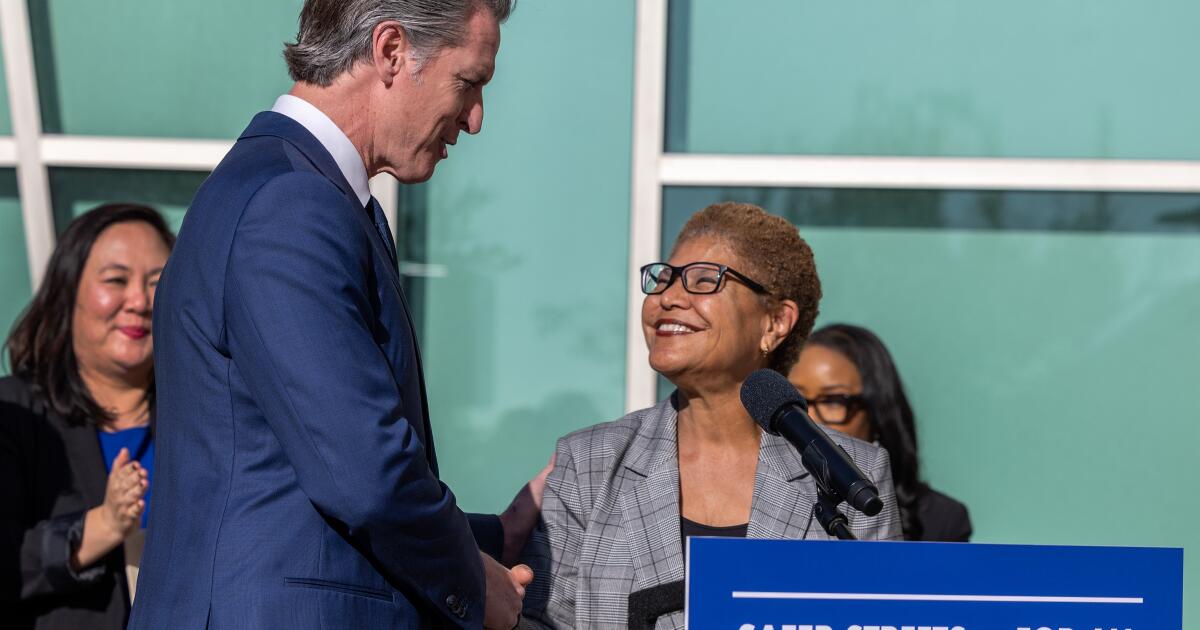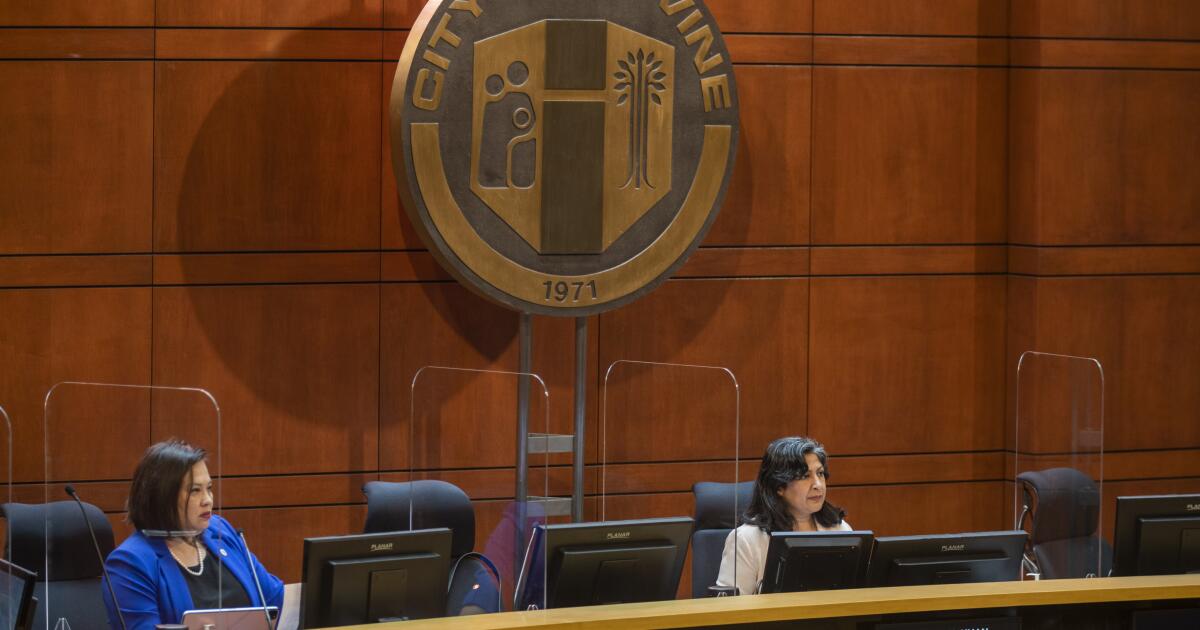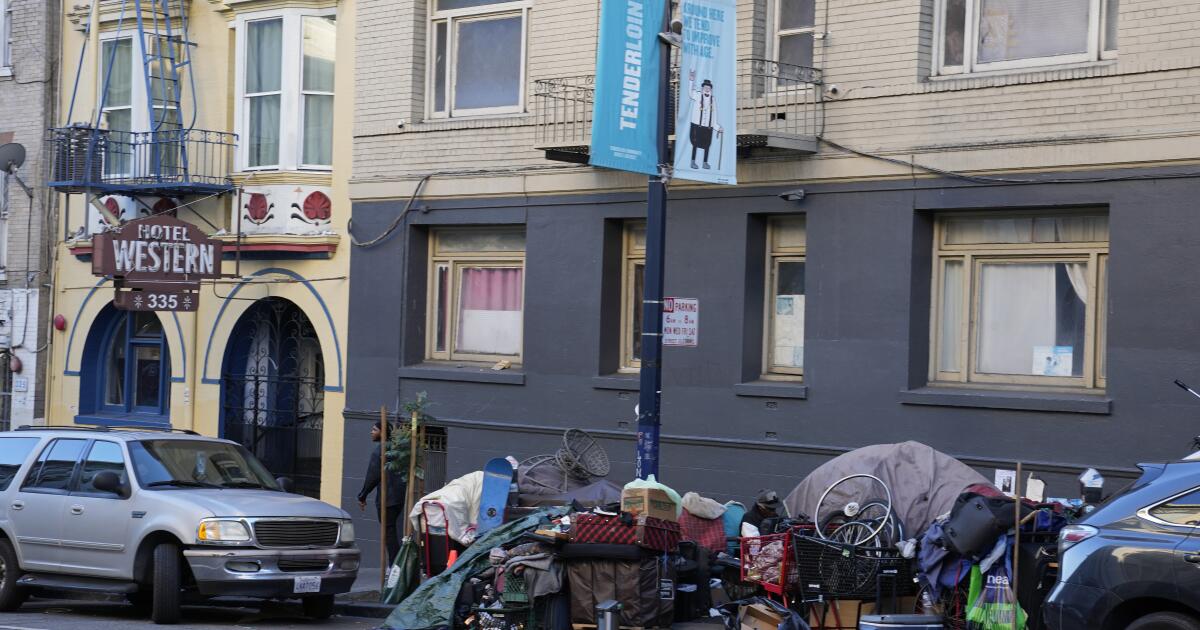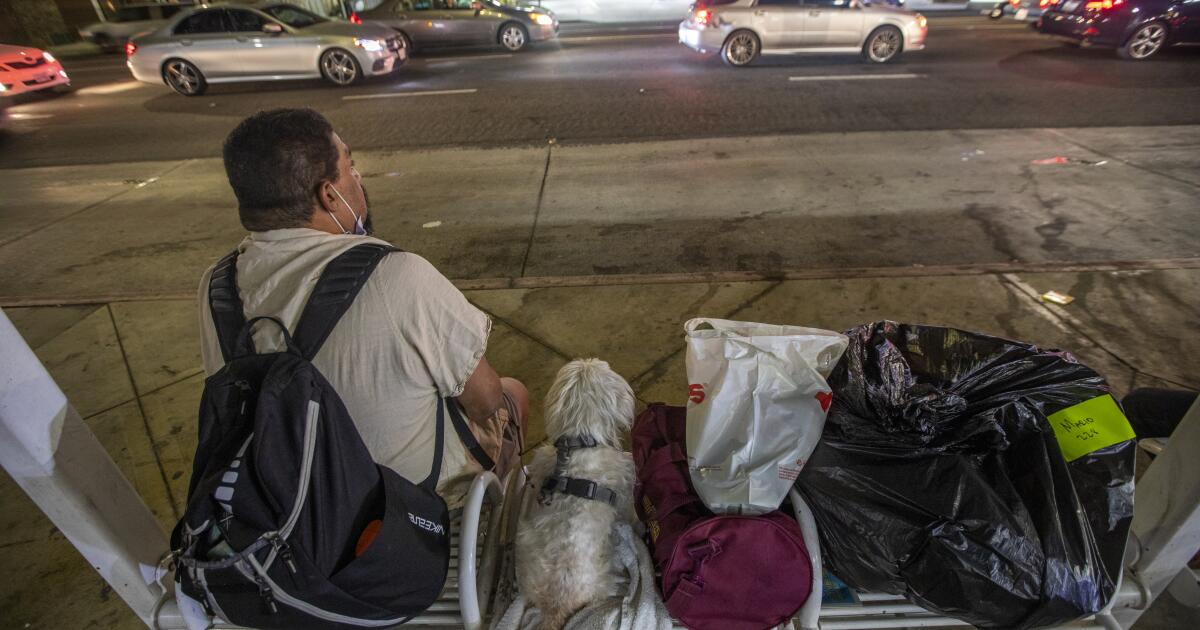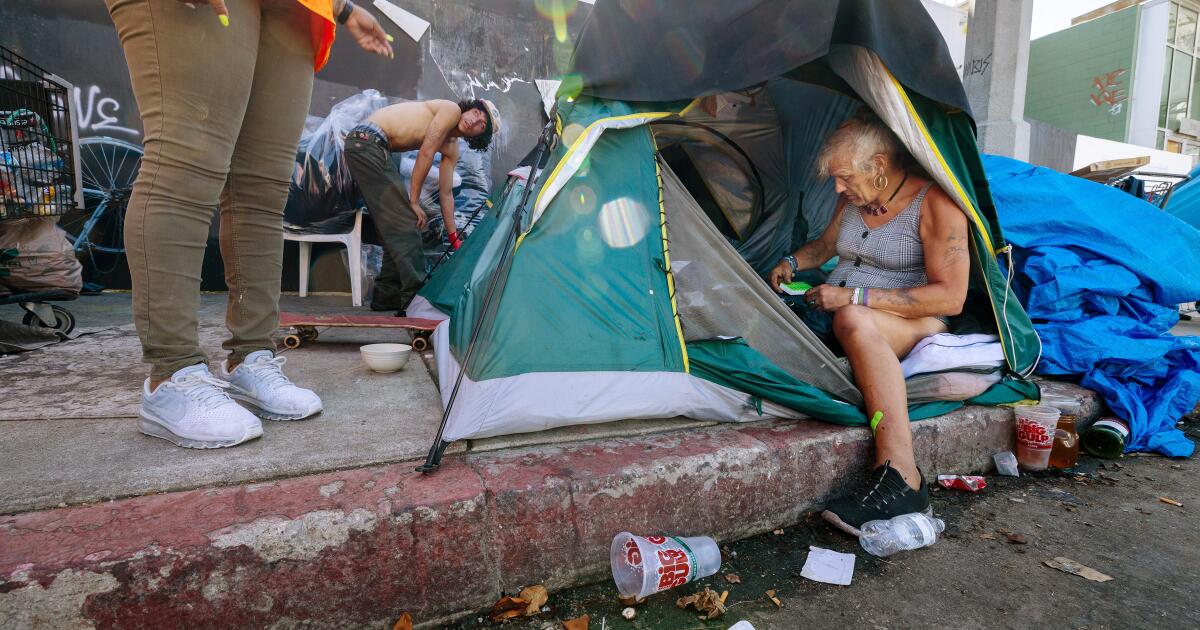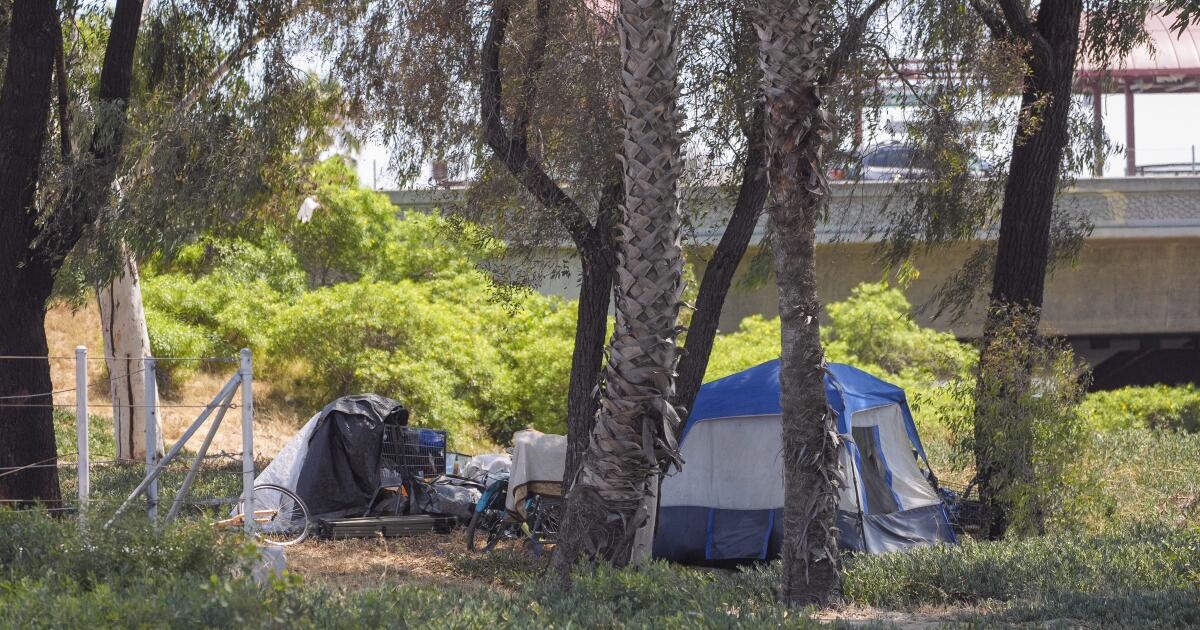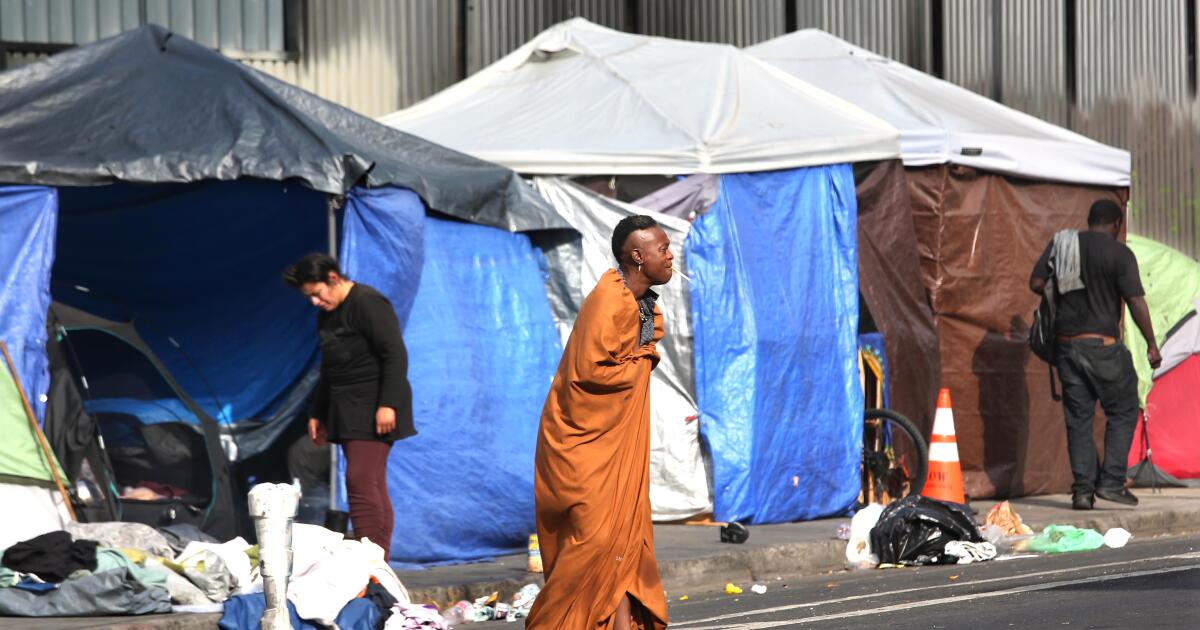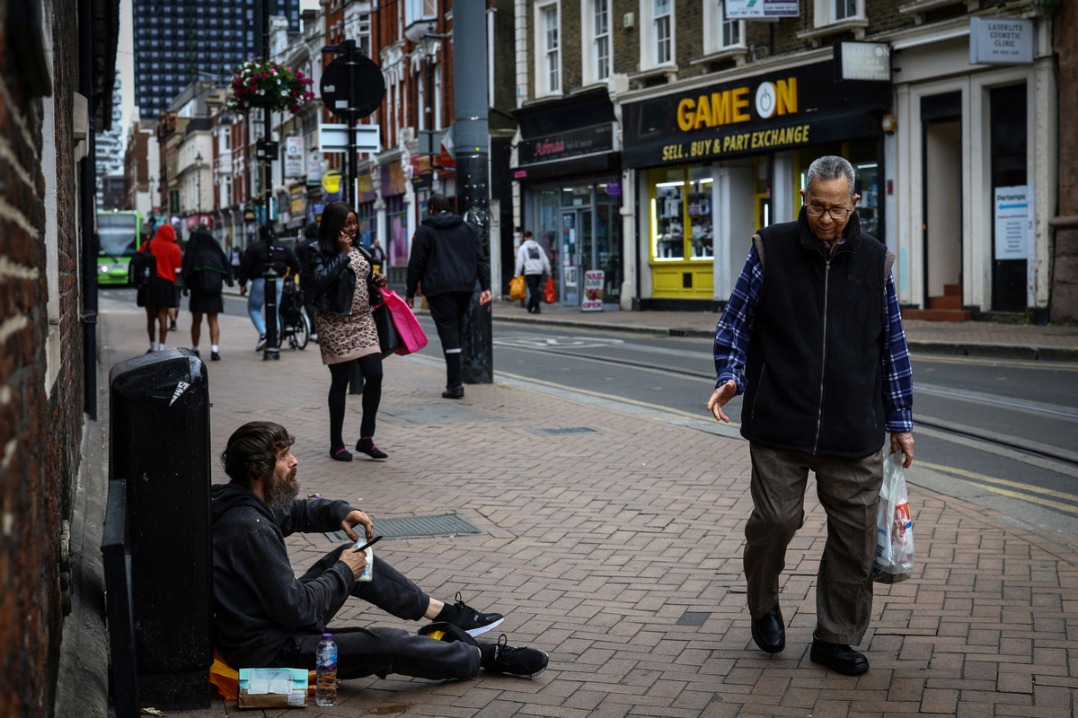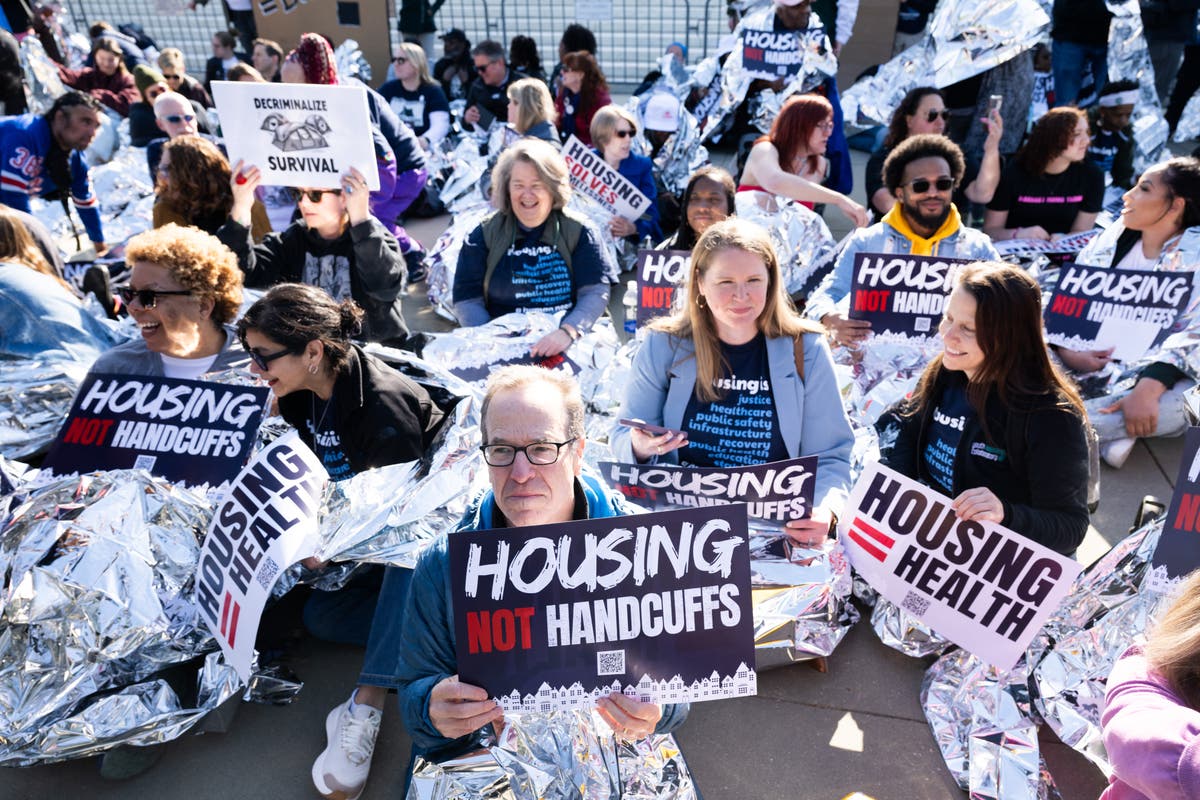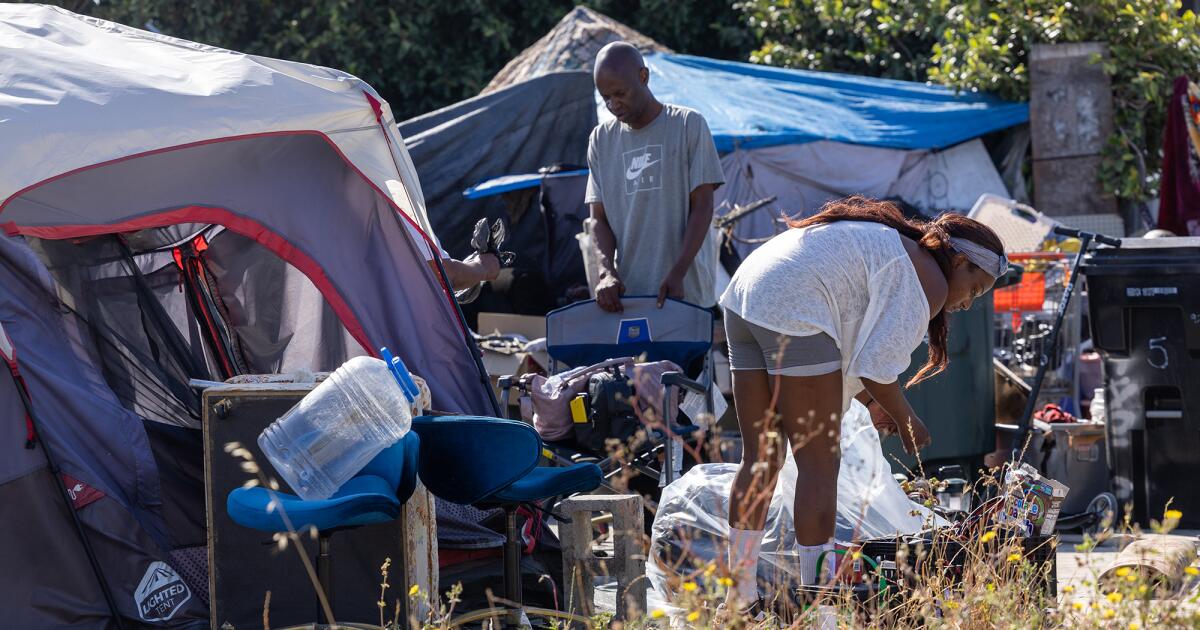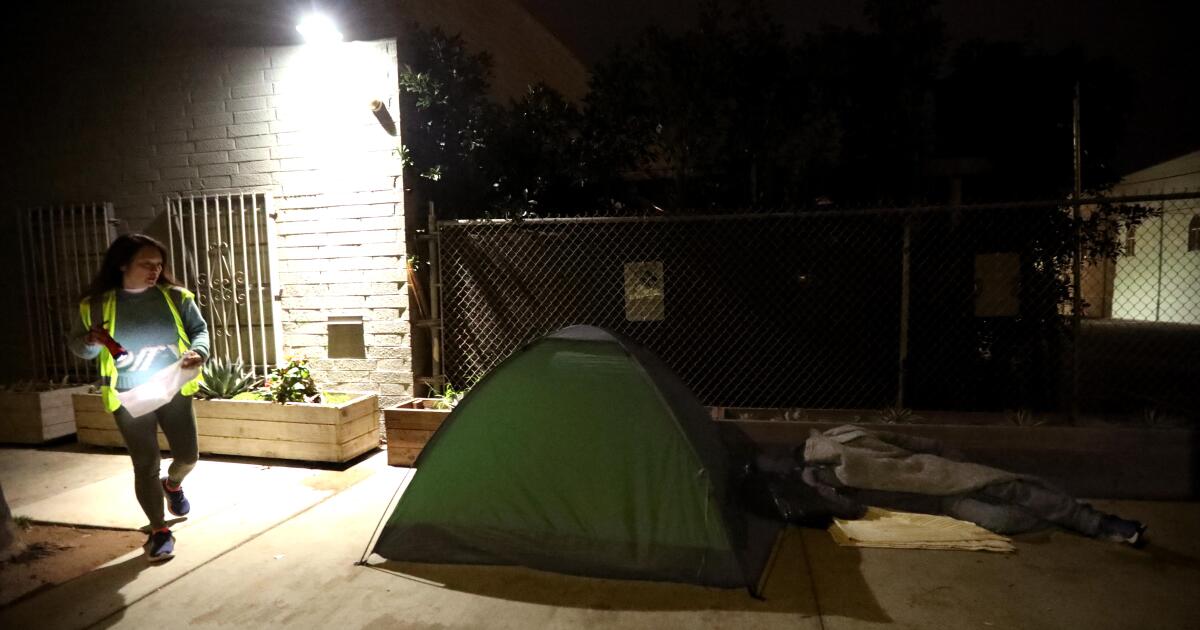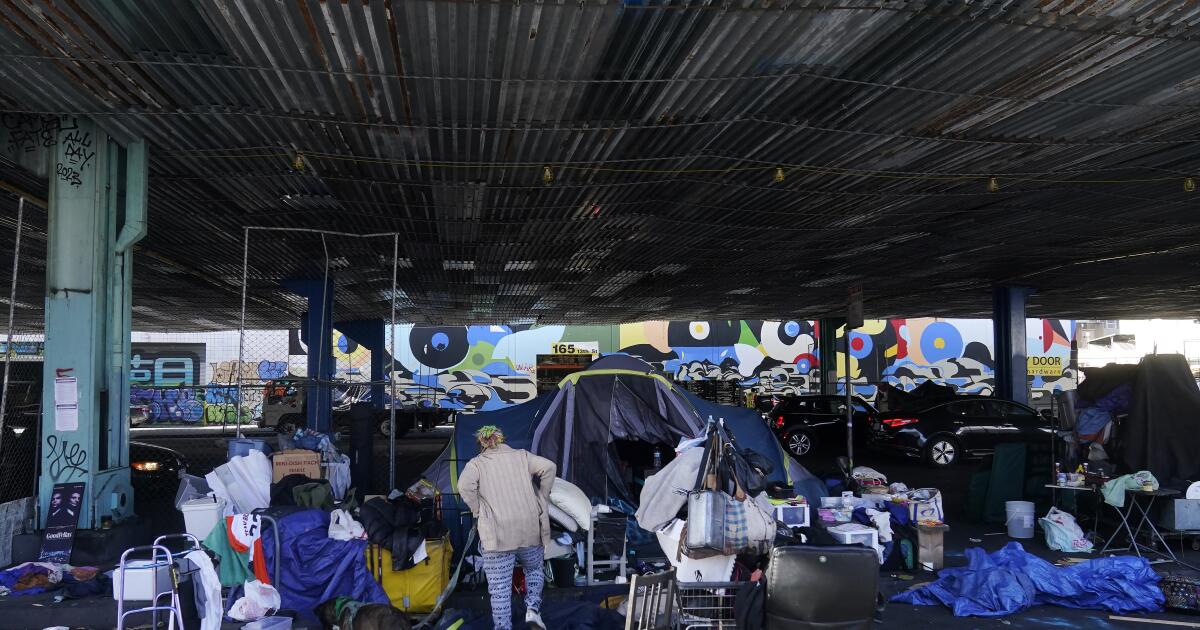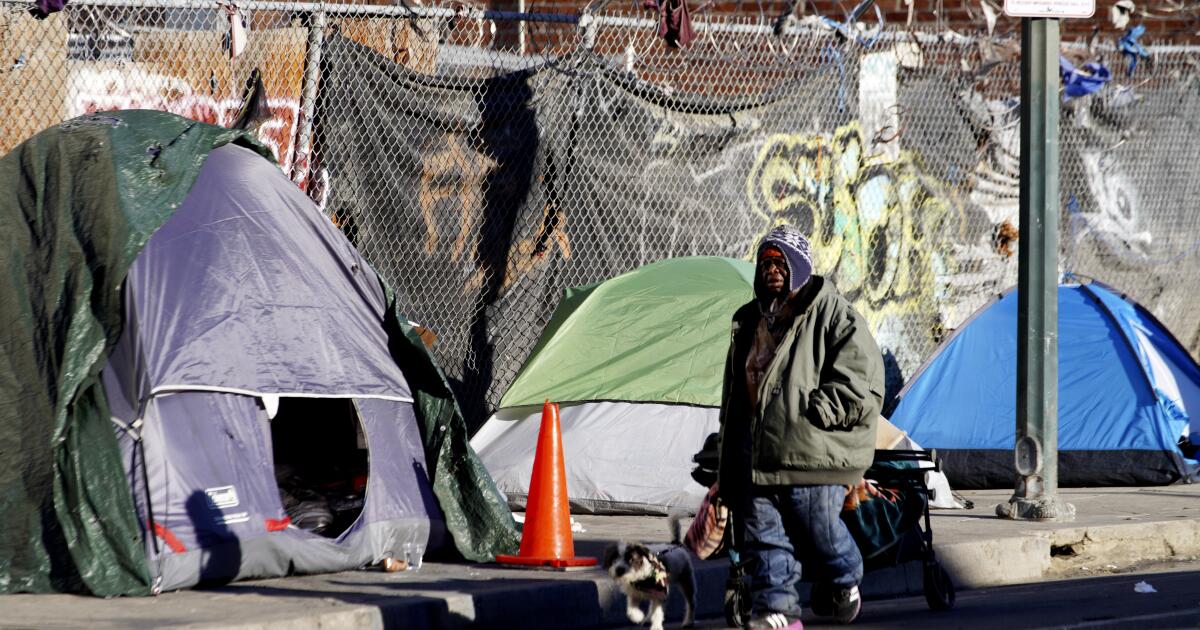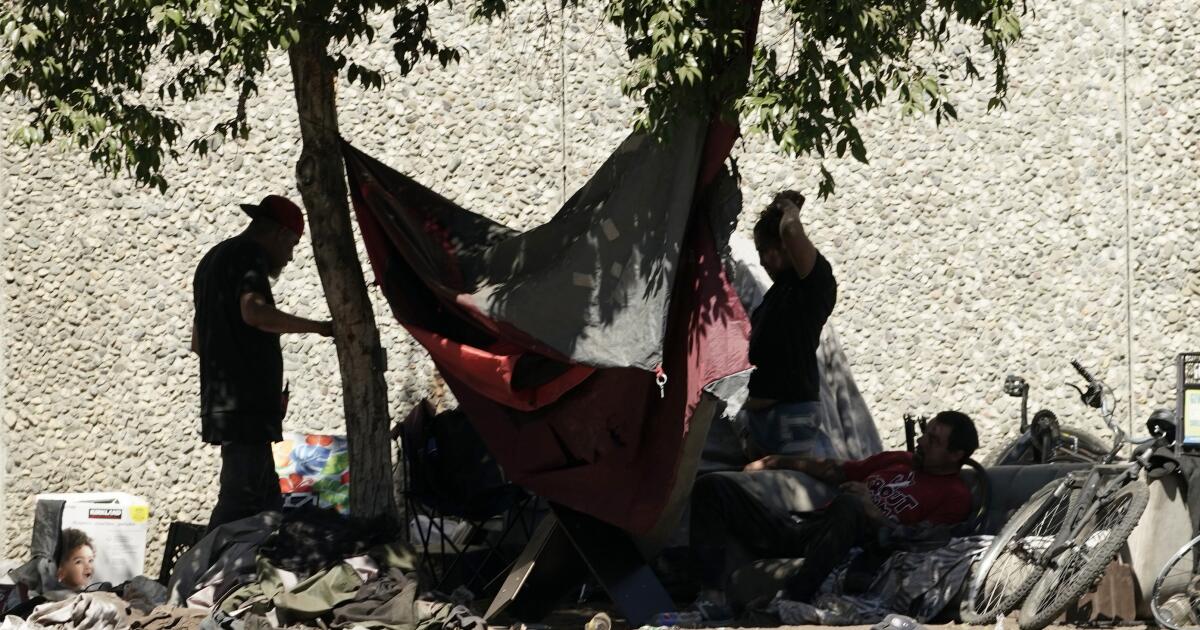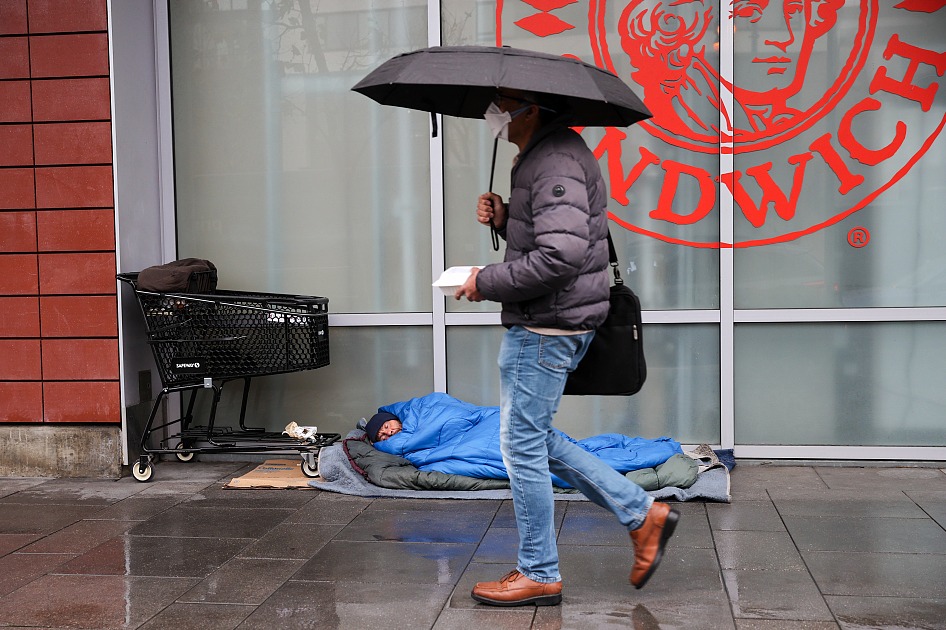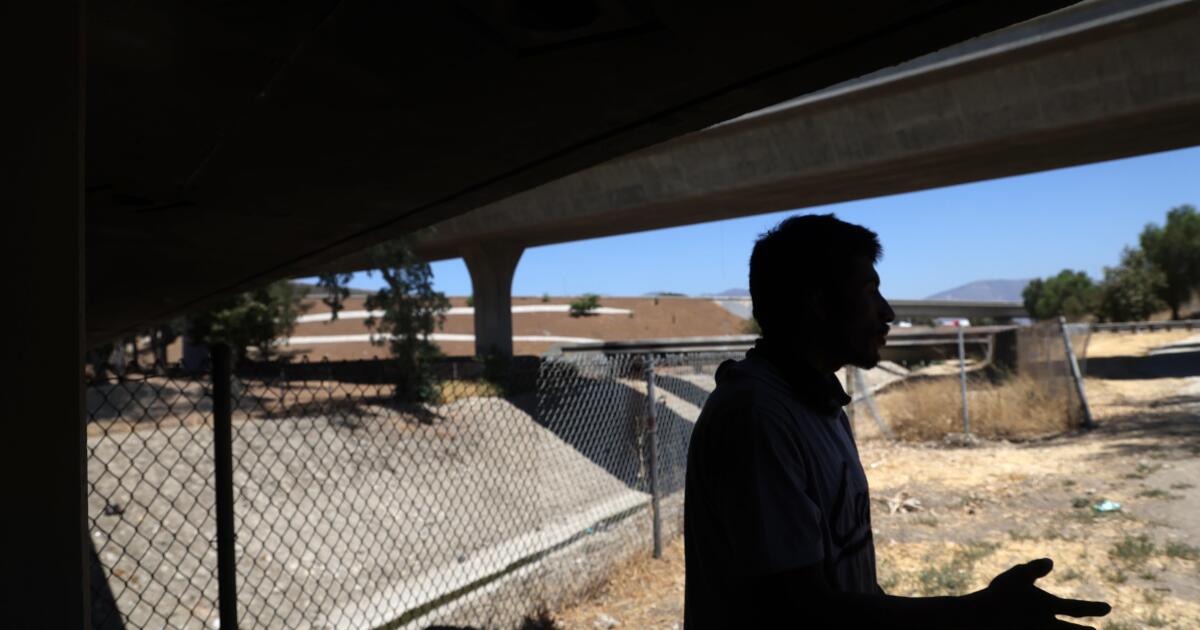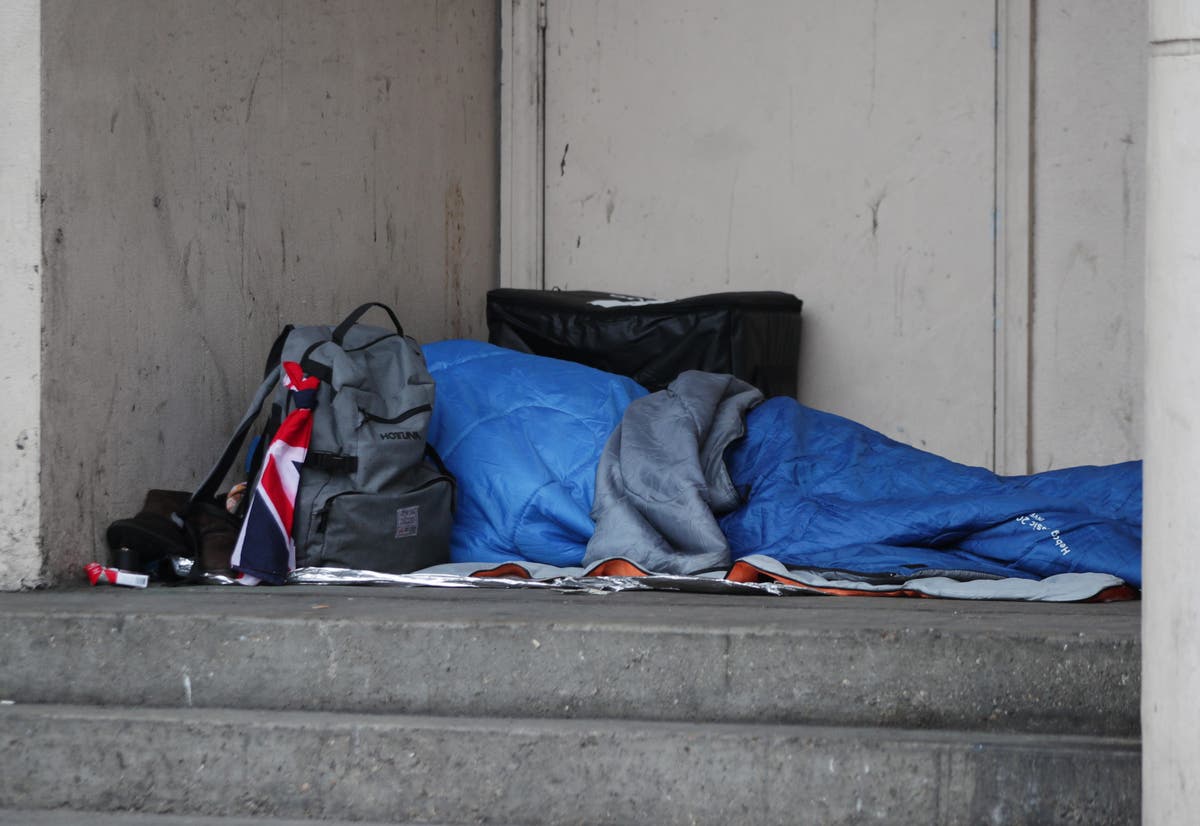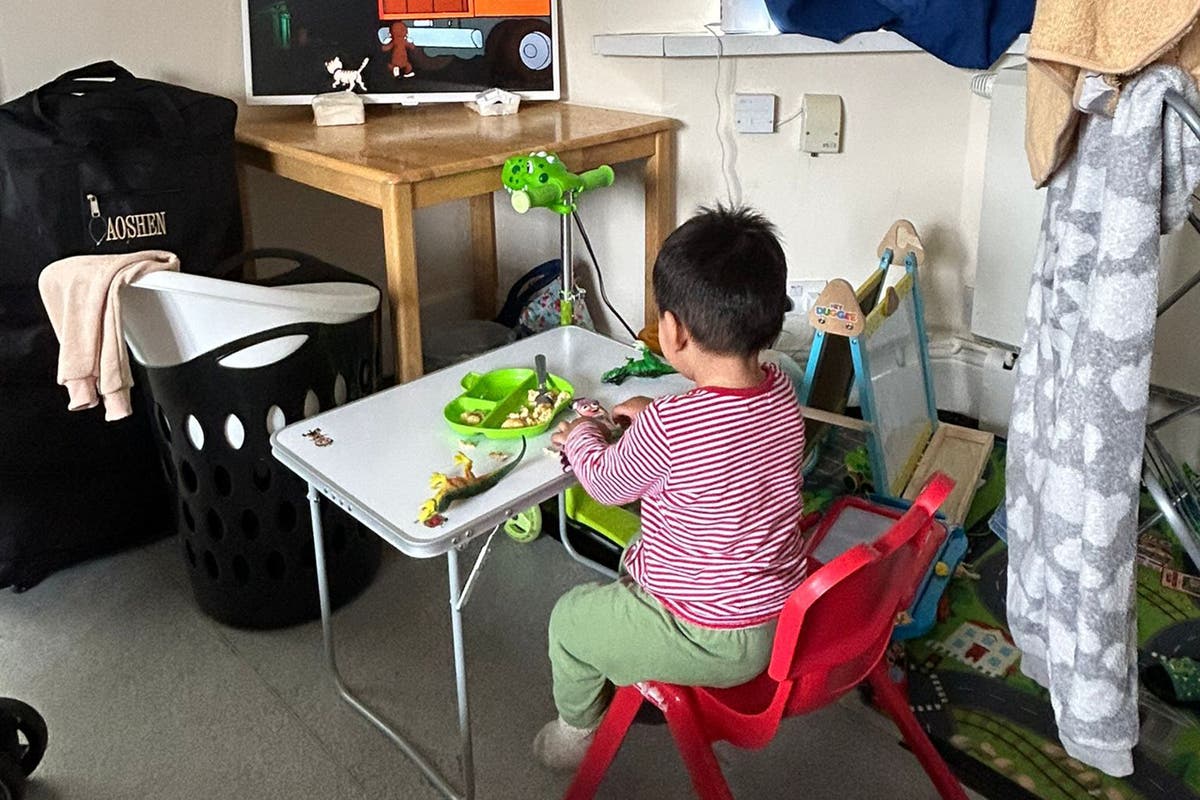Can ordinary citizens solve our toughest problems?
Associated PressBEND, OREGON — Eliza Wilson is a little nervous as she draws the microphone close, but she is determined to share her life story. “I first experienced homelessness when I was 5 years old.” Wilson, who’s 36, leads programs focused on unhoused youth. In Colorado’s Montrose County, enacting an assembly’s bold ideas for improving rural day care has been “more of a marathon than a sprint,” says organizer Morgan Lasher. Even so, advocates such as Michelle Barsa of Omidyar Network says assemblies’ big edge comes from using “an actual representative sample of the community, not just the people who always show up at town-hall meetings and yell into a microphone for three minutes.” At the northern edge of Oregon State’s Bend campus, a few hundred yards from the Deschutes River, is the McGrath Family atrium, a sunlight-drenched space with panoramic woodland views. Phil Chang, a Deschutes County commissioner, said the broad-based assembly creates “social license for us to do things that the community wants.” Conservative county commissioner Tony DeBone worries that Oregon’s rollback of drug-offense laws has worsened social problems; he also believes that an economic upturn would do the most good.
History of this topic

Liberal U.S. cities change course, now clearing homeless camps
LA TimesDiscover Related


